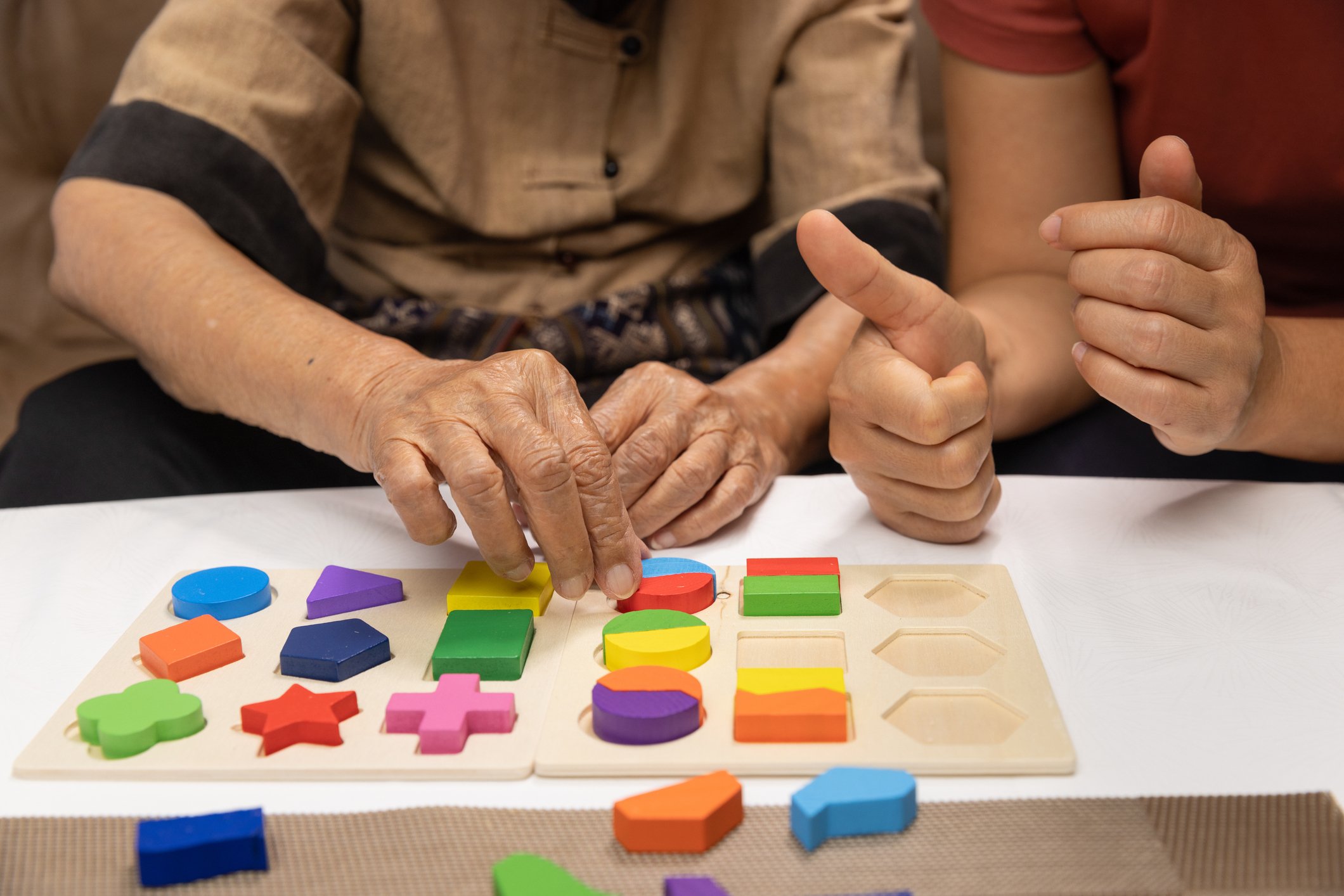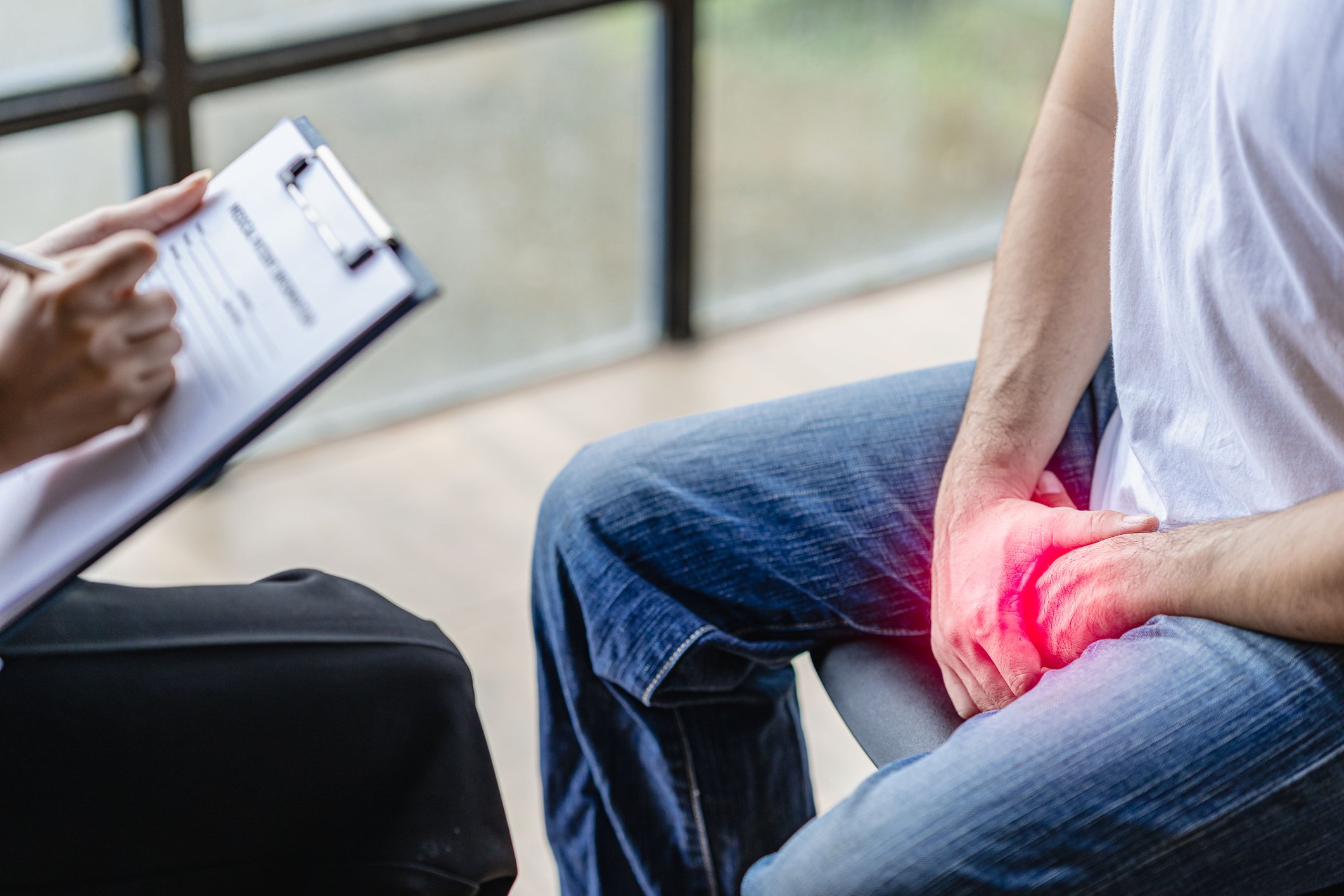Multiple sclerosis is the most common autoimmune disease of the central nervous system. It is associated with visual and sensory disturbances as well as limitations in coordination. The latter manifest themselves in the interplay of spasticity, fatigue and balance problems as restricted movement. Stopping the loss of independence is a top therapeutic priority.
According to studies, between 85% and 91% of patients with multiple sclerosis (MS) suffer from physical impairments. These can occur early in the disease, but usually get worse as the disease progresses. Movement restrictions can have many causes. They usually result from a combination of poor motor coordination, muscle weakness, spasticity, balance problems and fatigue. Depending on the severity of the impairment, the tasks of daily living can no longer be performed and there is a risk of loss of independence. Therefore, early intervention is indicated.
Activity increase
To improve the mobility of MS patients, a multimodal therapy concept should be individually tailored to the needs of the person affected. To strengthen walking ability, guidelines advocate robotic-assisted gait training, Pilates, and combined movement interventions. Conventional treadmill training, strength training, balance training, Pilates and hippotherapy can have a positive effect on walking speed. To improve endurance, the guidelines suggest that robotic-assisted gait training, conventional treadmill training, ergometer training, Pilates, combined exercise intervention, and hippotherapy are beneficial. Falls can be prevented primarily with the use of robotic-assisted gait training, strength training, balance training, Pilates, Far Eastern movement modalities, combined movement intervention, and hippotherapy.
In principle, regular, therapeutically guided gait training should take place. This can be supported by systematic endurance training and targeted strength training. Special balance exercises help to stay in balance and prevent falls.
Focus on the individual symptom
Pharmacologic interventions are based on the individual symptoms underlying the mobility impairment. To effectively manage spasticity, oral muscle relaxants such as baclofen, tizanidine, tolperisone, memantine, or dantamacrine are primarily administered. However, benzodiazepines such as diazepam can also be used. In addition, specific cannabinoids such as THC/CBD oral spray are approved for the treatment of severe spasticity.
Specifically for improving walking ability, fampridine has been shown to be effective. In the pivotal studies, walking speed was increased by an average of 25% in one-third of patients after only two weeks.
For the treatment of fatigue, preparations are used (often “off-label”) that have already proven effective in other diseases, such as Parkinson’s disease, influenza or narcolepsy. These include amantadine and modafinil in particular. An attempt at therapy with drive-enhancing antidepressants is also sometimes made.
More than just limited mobility
More than half of all MS patients report that mobility limitations have a negative impact on their enjoyment of life, contributing to a severely diminished quality of life. Because not only the private everyday life again impaired. 83% of those affected also have to accept impairments in their professional life as a result.
These include increased days of absence as well as a reduction in weekly working hours or even a necessary retraining. In addition, only about one-third of MS patients with impaired walking ability are able to work at all. Naturally, this also has an impact on the financial status of those affected. An effective and comprehensive improvement of mobility must therefore not be put on the back burner.
Further reading:
- Tholen R, Dettmers C, Henze T, et al: Exercise therapy to improve mobility in patients with multiple sclerosis. Consensus statement for the S2e guideline of the DGNR in collaboration with Physio Deutschland. Neurology & Rehabilitation 2019; 25: 3-40.
- https://neurotransconcept.com/infos.aspx?id=impulse&article=Y-2013.I-02.P-016 (last accessed on 28.03.2020)
- www.amsel.de/multiple-sklerose-news/amsel-aktuell/mobilitaet-bei-multipler-sklerose-verbessern-1/ (last accessed on 28.03.2020)
- www.iqwig.de/de/presse/pressemitteilungen/2019/multiple-sklerose-neue-standards-fuer-die-planung-klinischer-studien-erforderlich.12629.html (last accessed on 28.03.2020)
- www.physio-deutschland.de/fachkreise/news-bundesweit/einzelansicht/artikel/detail/News/fokus-forschung-befundung-mobilitaetseinschraenkungen-bei-multiple-sklerose.html (last accessed on 28.03.2020)
- https://m.vpt.de/news/detail/therapie-leitlinien-zur-rehabilitation-von-patienten-mit-multipler-sklerose/ (last accessed on 28.03.2020)
InFo NEUROLOGY & PSYCHIATRY 2020; 18(3): 18.











